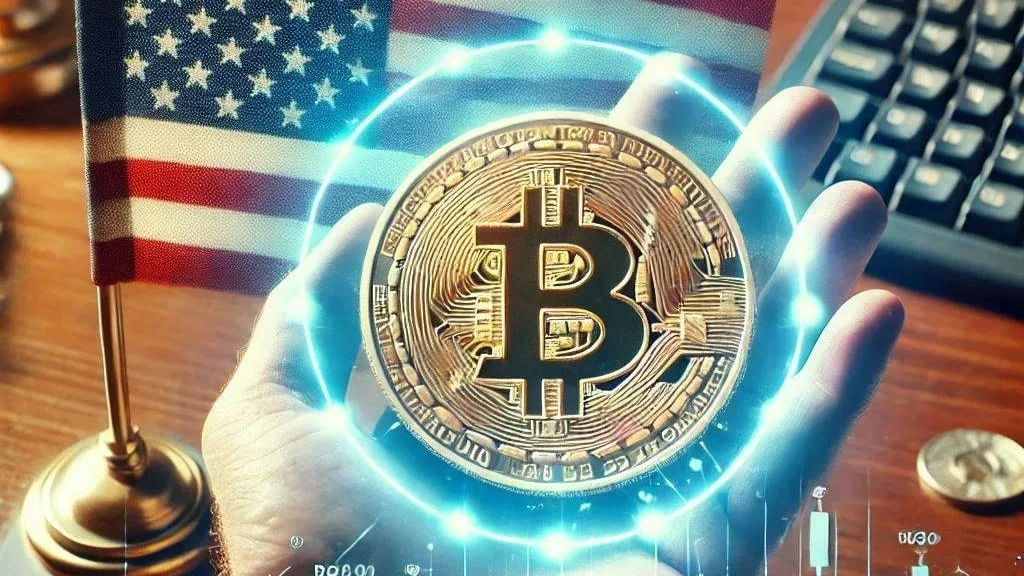
The U.S. government has made it clear that it will not be purchasing Bitcoin in 2025, opting instead to focus on managing its existing holdings. As of now, the U.S. Treasury holds a significant amount of Bitcoin—around 183,850 BTC—and its strategy for managing these assets is becoming a key part of broader discussions on cryptocurrency reserves. According to research from Galaxy Digital, the government’s emphasis will be on building a strategic reserve using its current Bitcoin assets rather than acquiring additional coins in the near future.
Alex Thorn, the head of Galaxy Research, explained that the U.S. government will prioritize the management of its existing Bitcoin holdings. He emphasized that while Bitcoin acquisition is not on the agenda for 2025, the government will focus on strengthening its reserves and developing a more structured Bitcoin reserve policy. The goal is to ensure that the existing assets are managed efficiently, aligning with the broader financial and strategic objectives.
This strategy comes in light of the proposed “Bitcoin Act 2024,” which was introduced by Wyoming Senator Cynthia Lummis. The legislation, if passed, could authorize the U.S. Treasury Department to acquire 200,000 BTC annually, potentially bringing the total Bitcoin reserve to 1 million BTC over the next two decades. However, for now, the focus remains on managing the existing reserves and shaping the future of Bitcoin as a strategic asset for the U.S.
As the U.S. refines its Bitcoin strategy, the broader global economic impact of these reserve policies is becoming a point of discussion. Some industry leaders, such as Ki Young Ju, CEO of Crypto Quant, have raised concerns about the potential risks of a global transition to a Bitcoin standard. Young Ju warned that widespread adoption of Bitcoin by governments could weaken the global dominance of the U.S. dollar, leading to a loss of confidence in the dollar-based financial system.
Despite these concerns, there are also optimistic views regarding the U.S. approach to Bitcoin reserves. Some market analysts believe that this strategy could pave the way for other countries to consider Bitcoin as a legitimate part of their national reserves. There is also speculation that major companies, including several Nasdaq 100 firms, might begin to add Bitcoin to their balance sheets in the near future, which could further solidify Bitcoin’s position in global finance.
The U.S. government’s approach to Bitcoin has far-reaching implications beyond the cryptocurrency markets. Countries around the world are closely monitoring the U.S. strategy, as it could influence their own decisions regarding Bitcoin and other digital assets. In fact, Japanese Prime Minister Shigeru Ishiba has expressed concerns about how the U.S. government’s unclear Bitcoin policies could impact Japan’s stance on cryptocurrency.
As more countries consider the potential benefits of holding Bitcoin as a strategic reserve, the global economic balance may shift. Bitcoin’s growing role as an alternative asset could lead to a more diversified global financial system, where digital currencies play a larger part in national reserves.
The U.S. government’s decision to focus on managing its existing Bitcoin assets rather than acquiring more reflects a cautious approach to the evolving role of digital currencies in the global economy. As other countries and financial institutions continue to explore the strategic value of Bitcoin, the global financial system may undergo significant changes in the coming years. The development of Bitcoin reserve policies could become a defining feature of future financial strategies, influencing everything from global trade to the strength of national currencies.


Get the latest Crypto & Blockchain News in your inbox.